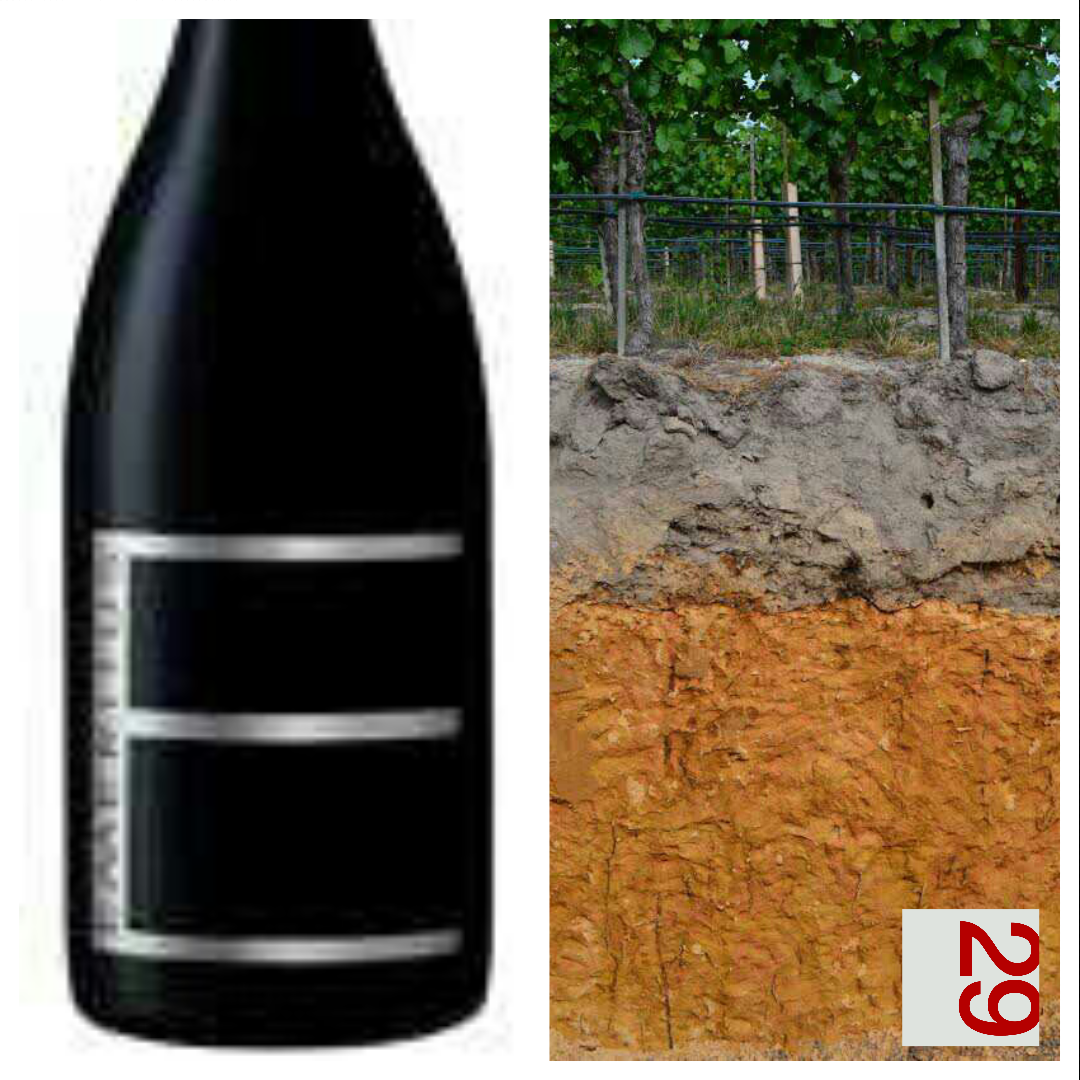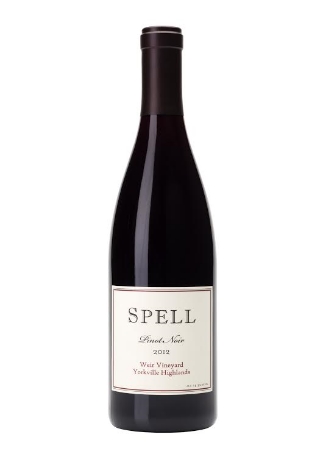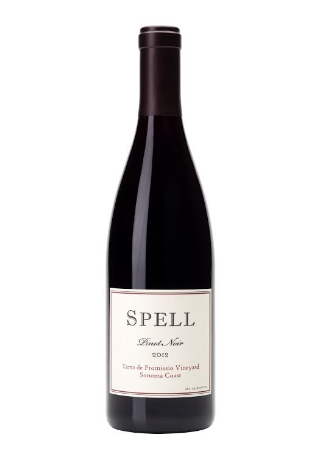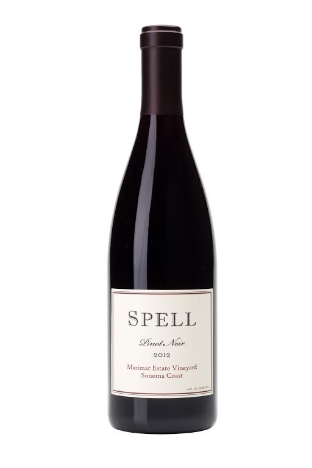"Wine Mic Monday" is a VAULT29 series based on an "open mic concept" where wineries take over our blog...because every glass and bottle of wine has a story. Last week, we recapped Napa Valley wineries in Season 1, part 1: Napa Valley. In Season 1, part 2, we look back at our stories from Sonoma County. There are many different viticulture practices, such as "Dry Farming" practiced by Emeritus, and "Biodyncamic Farming" or the hollistic approach, as practiced by Teac Mor. Take a look at Alma Fria's "Viticulture on the Fringe" and get deeper insights into their farming and winemaking techniques. Find out why Spell believes soil quality is the single most important factor in defining the distinctive character of a wine in "The Importance of Soil Types."
You know when you get a summer tomato from the farmers market, you’ve been eating tomatoes from the grocery store all winter and spring and when you take a bite you instantly remember what a tomato really tastes like? That moment connects one with the farmer, the land and the food. Someone planted the tomato, tended to it and picked it. It grew in a field, in soil not in a greenhouse, not hydroponically.
One should get that same feeling when tasting a wine made from non-irrigated grapes, or dry-farmed. Dry farming is not widely practiced in California due to a lack of rainfall during the summer growing season. In almost all other grape growing regions of the world there is summer rainfall. Read more about Emeritus' farming practices and get to know their exceptional wines!
Alma Fría \al-mah free-ah\: the soul of a family; the cold of a geography. The Hatterman family migrated to Northern California and planted new roots in the remote ridgetops of Annapolis on the West Sonoma Coast. From this beautiful and remote place, they are committed to handcrafting Pinot Noirs and Chardonnays of elegance, finesse and complexity. Reflecting on their wine journey, they constantly remind themselves just how fortunate they are to work with terroirs of such potential and beauty and to do it with the help of talented and great people with whom they beat down together the remote paths and the gravel roads that make up this special region. In Carroll Kemp, winemaker, and Greg Adams, viticulturist, they have found true journey companions. Read more, you don't want to miss getting to know the Alma Fria family and their gorgeous wines!
One trait commonly touted by many wineries throughout the world is the soil quality their grape vines are rooted. At Spell, they believe that it may be the single most important factor in defining the distinctive character of each wine. The soil taxonomy of each vineyard is as varied as the geographical diversity. Soils rang from gravelly loam with moderate permeability and low water holding capacity to expanding clays with slow permeability and high water holding capacity. The vines rooted in these varied soils take up varying levels of macronutrients and micronutrients which form the foundation of vine development. Read more on the impact soil, water, and the sun have in the composition of each grape and ultimately wine. Familiarize yourself with the beautifully crafted pinot noir & chardonnay of Spell Estate!
Steve Moore cares for Teac Mor's vineyard, and he’s passionate about what he does. He farms biodynamically, and feels deeply connected both to the land and to the vines. “I consider the vines my children and I want them to thrive long after I’m gone,” he said. Doing so requires Steve take a holistic approach to farming. An olive orchard and large vegetable garden on the vineyard promote a healthy ecosystem by attracting beneficial insects. “I believe the vines are not only alive, but aware of their environment. I think that a healthy vineyard will result in better wine.” Read more about Steve's daily vine inspection to his harvest techniques and on to the release of Teac Mor's small production wines!
















